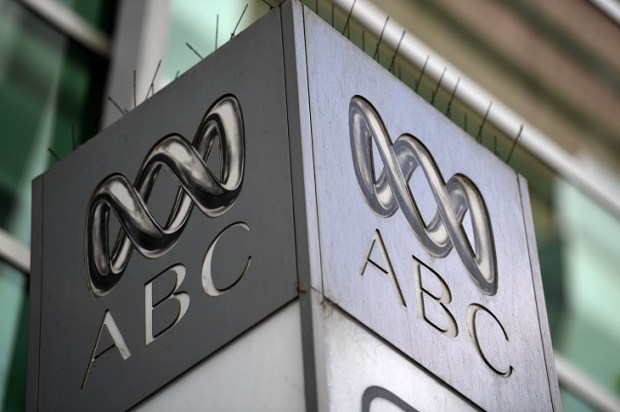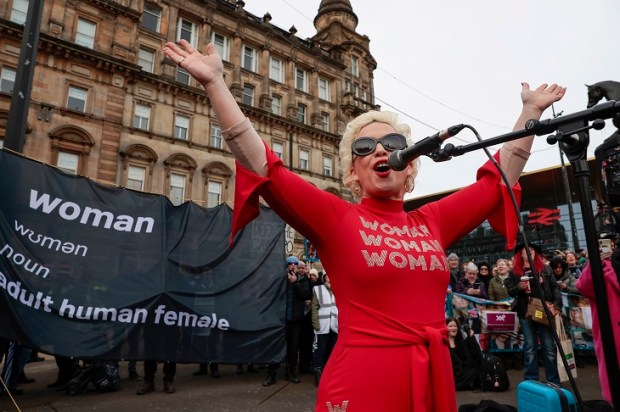On Valentine’s Day 2023, the number one hit on the pop charts was a song about a woman (Miley Cyrus) buying herself flowers and chorusing, ‘I can love me better!’
The raising of ‘Self-Love’ in its mass-marketed-iteration feels like a drug offered up to the public to receive the symptoms of a deep-rooted pain, but never the cause.
Women all over the internet, particularly those that consider themselves the inheritors of the feminist mantel, are telling other women to do all those things that they want men to do.
I was struck by a recent Facebook post by Australia’s Clementine Ford telling women to take themselves on a date. The idea seemed very hollow, firstly that it is assumed that women are just waiting for men to take them out to restaurants (I assure you singleness has not stopped me eating out), but more importantly that a date is so you can go to fancy restaurants and be pampered – not about the company.
I almost decided to do a spoof post in the same vein of Clem’s attempting to replicate all the best parts of ‘date night’ by myself.
As I started to write down all those things I would do to create my perfect date night I came up with a list that sounded suspiciously similar to what another feminist author, Naomi Wolf, refers to as the ‘Goddess Array’. This is Wolf’s way of describing those things that were traditionally – and now scientifically – understood to put a woman in the mood.
I started re-reading the final chapters Wolf’s book where she explains the concept of the Goddess Array which begins with a comment on how feminism has failed women by not recognising that heterosexual women actually need a man more like a fish needs water (not a bicycle):
‘The Dodson model of the empowered female did a great deal of good, but also caused some harm… The feminist model of heterosexuality – that straight women can f*** like men, or get by with a great vibrator and no other attention to self-love, and be simply instrumentalist about their pleasure – turned out to have created a new set of impossible ideals, foisted, if through the best of intentions, upon ‘liberated’ women. Feminism has evaded the far more difficult question of how to be a liberated heterosexual woman and how to acknowledge deep physical needs for connection with men. As nature organised things, we ideally have a partner in the dance. If we don’t have a partner, there is the attention we should give to self-love as self-care. It does not solve straight women’s existential dilemma, the tension between our dependency needs and our needs for independence, simply to declare that the dance has changed.’
She then goes on set up what a night of romance should look like if the couple wants the best chance of it ending ‘seeing stars’. These are things that people knew until yesterday and women know but never know how to explain in a world where pleasure is reduced to a matter of genitals. Women are biological beings, but our biology needs a massive push – if not entirely derived – from the non-physical realm.
The problem with the raise of ‘Self-Love’ is that it is a massive cope. It is an attempt to replace men by wining and dining, buying flowers or lighting candles all for our own selves. But those are the least significant things that women want or get from men. Self-love is a consumeristic view of what love is and at best a solve for women craving the non-material kind of love from a man in a world where singleness is on the rise.
The problem of singleness is not going anywhere anytime soon given that as another woman put it ‘courtship is a hothouse flower: it needs very specific conditions’ but we might be able to provide more effective medicine against the pain of singleness if we recognise that at root it is a spiritual not a material ailment and no consumer goods will be able to fill the void of not having a man in ones’ life when that is so deeply wanted.
Ironically, the very inverse to the narcissistic-self-centred solve of self-love are the things that can actually help people struggling with their singleness. Connection and purpose.
Looking outside of oneself and finding connections with others. Initiating them with generosity (take a friend out and buy them dinner instead) and cemented by doing meaningful activities together (and particularly for women that means refraining from gossiping), by being patient and extending the best form of charity to others (the benefit of the doubt), and by diligently tending to those bonds we can create connections that give us what a well-functioning partnership does, the ability to move beyond ourselves and create something bigger and better than the individuals could alone.
Instead of ‘Self-Love’ we should be encouraging singles to think less about themselves and more about what they can do for those around them. Not only will it help others struggling with loneliness but will be a more effective medicine against our own longing for partnership.
Humans after all are social creatures, we feel our most love with others, not on our own.
Dara Macdonald is the founder of the private members club All Minus One (allminusone.org.au) and writes on Substack as the Conservative Vagabond (daramacdonald.substack.com).

























